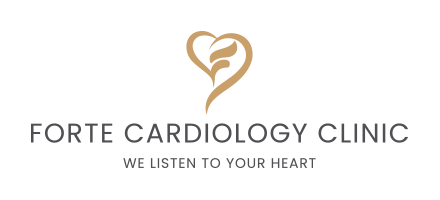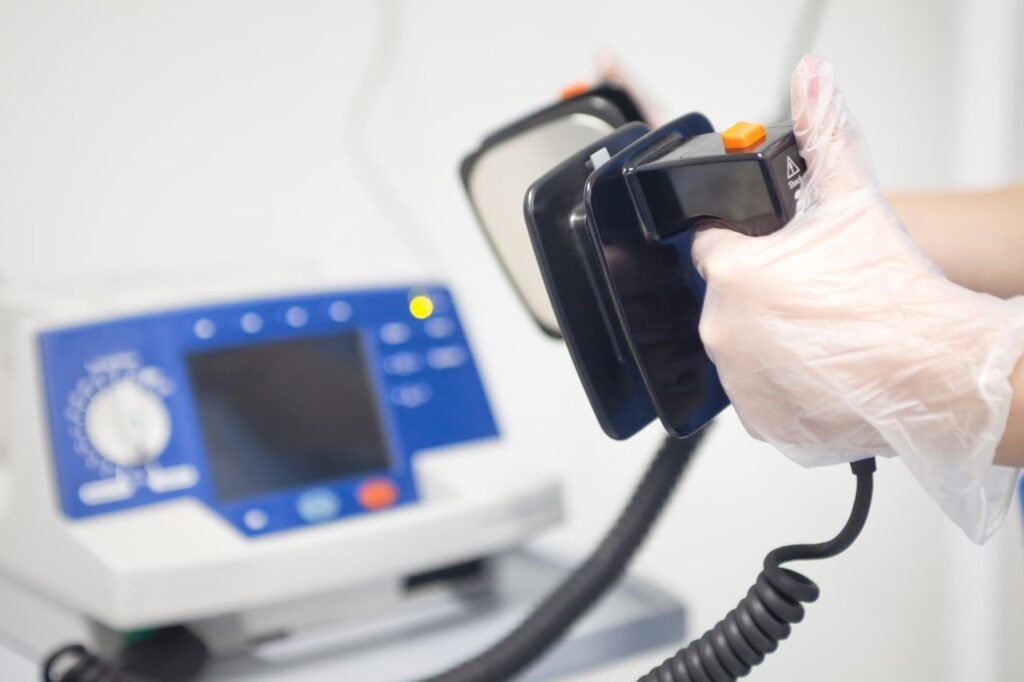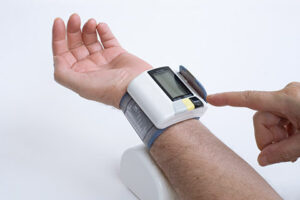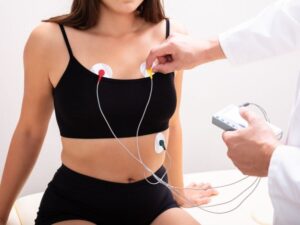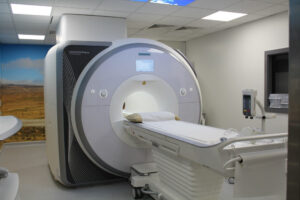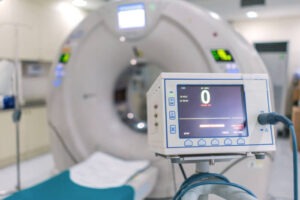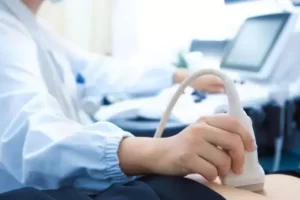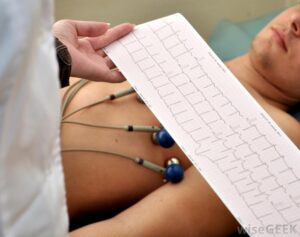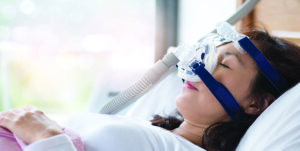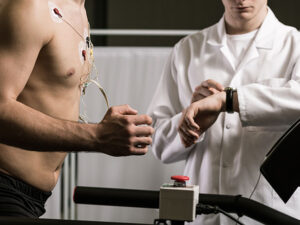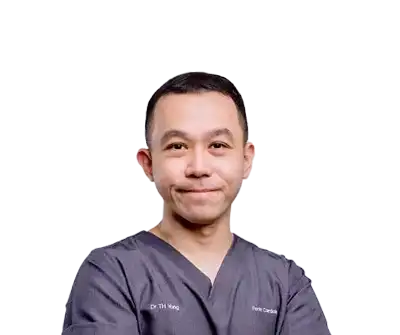The heart is a dependable organ that continuously pumps blood to keep us alive. However, the heart can sometimes face challenges that can lead to serious, life-threatening events like sudden cardiac arrest. Knowing what causes sudden cardiac arrest is important. This is especially true if you plan to see a cardiologist in Singapore or anywhere else for a heart check-up.
What Is Sudden Cardiac Arrest
Sudden cardiac arrest (SCA) is a critical medical emergency where the heart suddenly stops beating effectively. This leads to a cessation of blood flow to the brain and other vital organs. Without immediate treatment, sudden cardiac arrest can result in death within minutes. Important to note is that SCA is different from a heart attack, although a heart attack can sometimes trigger it.
So, what exactly causes this abrupt halt in the heart’s function?
The Culprit - Ventricular Fibrillation
The most common cause of sudden cardiac arrest is a condition known as ventricular fibrillation (VF). Ventricular fibrillation happens when the heart’s electrical signals go wrong, making the ventricles shake instead of beating properly. This erratic electrical activity means the heart can’t pump blood effectively, leading to sudden collapse and loss of consciousness.
Ventricular fibrillation is often the result of underlying heart conditions, which is why regular check-ups with a cardiologist are essential, particularly if you have risk factors for heart disease.
Heart Conditions That Lead to Ventricular Fibrillation
Several heart conditions can predispose someone to ventricular fibrillation and, consequently, sudden cardiac arrest. Here are some of the key culprits:
Coronary Artery Disease (CAD)
Coronary artery disease is the most common heart condition that leads to sudden cardiac arrest. CAD occurs when the arteries that supply blood to the heart muscle become narrowed or blocked due to the buildup of plaque. This reduces blood flow to the heart, which can cause chest pain (angina), shortness of breath, or a heart attack. In severe cases, a heart attack can lead to ventricular fibrillation, triggering sudden cardiac arrest.
Cardiomyopathy
Cardiomyopathy refers to diseases of the heart muscle that make it harder for the heart to pump blood. There are different types of cardiomyopathy, including hypertrophic cardiomyopathy (thickened heart muscle) and dilated cardiomyopathy (enlarged heart chambers). These conditions can disrupt the heart’s electrical system, leading to abnormal heart rhythms, including ventricular fibrillation.
Heart Valve Disease
The heart’s valves play a critical role in ensuring blood flows in the right direction. Heart valve disease occurs when one or more of the heart valves don’t function properly. This can lead to blood flowing backward or becoming obstructed, increasing the risk of heart rhythm problems and sudden cardiac arrest.
Congenital Heart Defects
People born with certain heart defects (congenital heart disease) are at higher risk for sudden cardiac arrest. Even after corrective surgery, the abnormal heart structure can lead to irregular heart rhythms, particularly during intense physical activity or stress.
Electrical Abnormalities
Some people are born with or develop abnormalities in the heart’s electrical system, which can predispose them to arrhythmias (irregular heartbeats). Conditions like Long QT syndrome, Brugada syndrome, and Wolff-Parkinson-White syndrome are examples of electrical abnormalities that can lead to ventricular fibrillation and sudden cardiac arrest.
Recognising the Symptoms
Sudden cardiac arrest often occurs without warning. However, there are some symptoms that may precede it, such as:
- Chest discomfort or pain
- Palpitations (rapid or irregular heartbeats)
- Shortness of breath
- Unexplained fatigue
- Dizziness or lightheadedness
If you experience any of these symptoms, especially if they are new or worsening, it’s crucial to see a cardiologist immediately. Early detection and treatment of heart conditions can significantly reduce the risk of sudden cardiac arrest.
Why Regular Check-Ups with a Cardiologist Matter
Heart conditions that lead to sudden cardiac arrest often develop silently over years. This is why regular heart check-ups with a cardiologist in Singapore or your local area are so important, particularly if you have risk factors like high blood pressure, high cholesterol, diabetes, or a family history of heart disease.
A cardiologist can perform tests to assess your heart’s health, such as an electrocardiogram (ECG), echocardiogram, or stress test. These tests can help detect any abnormalities in your heart’s structure or function, allowing for early intervention.
Treatment and Prevention
The treatment of conditions leading to sudden cardiac arrest varies depending on the specific heart problem. For example:
- Medications – Drugs like beta-blockers, ACE inhibitors, or antiarrhythmics can help control heart rhythm and blood pressure.
- Implantable Cardioverter-Defibrillator (ICD) – An ICD is a device that can detect and correct abnormal heart rhythms, including ventricular fibrillation, preventing sudden cardiac arrest.
- Lifestyle Changes – Eating a heart-healthy diet, exercising regularly, quitting smoking, and managing stress are all crucial for preventing heart disease and sudden cardiac arrest.
In some cases, surgical interventions such as angioplasty, coronary artery bypass grafting (CABG), or valve repair/replacement may be necessary to address underlying heart conditions.
Sudden cardiac arrest is a serious, life-threatening condition that can strike without warning. However, by understanding the heart conditions that can lead to ventricular fibrillation and seeking regular check-ups with a cardiologist in Singapore, you can significantly reduce your risk.
Don’t wait for symptoms to appear—take proactive steps to protect your heart and your life.
If you have any concerns about your heart health or are experiencing symptoms, it’s time to consult with a cardiologist. Early detection and treatment can make all the difference.
